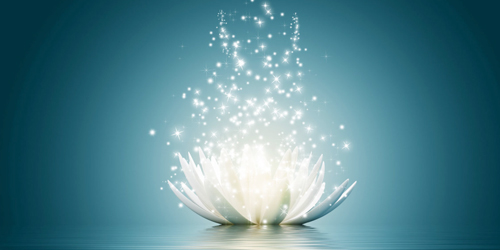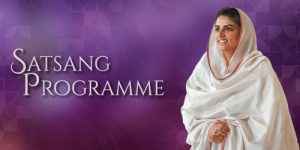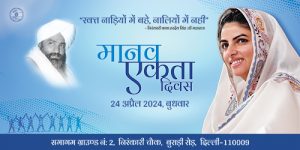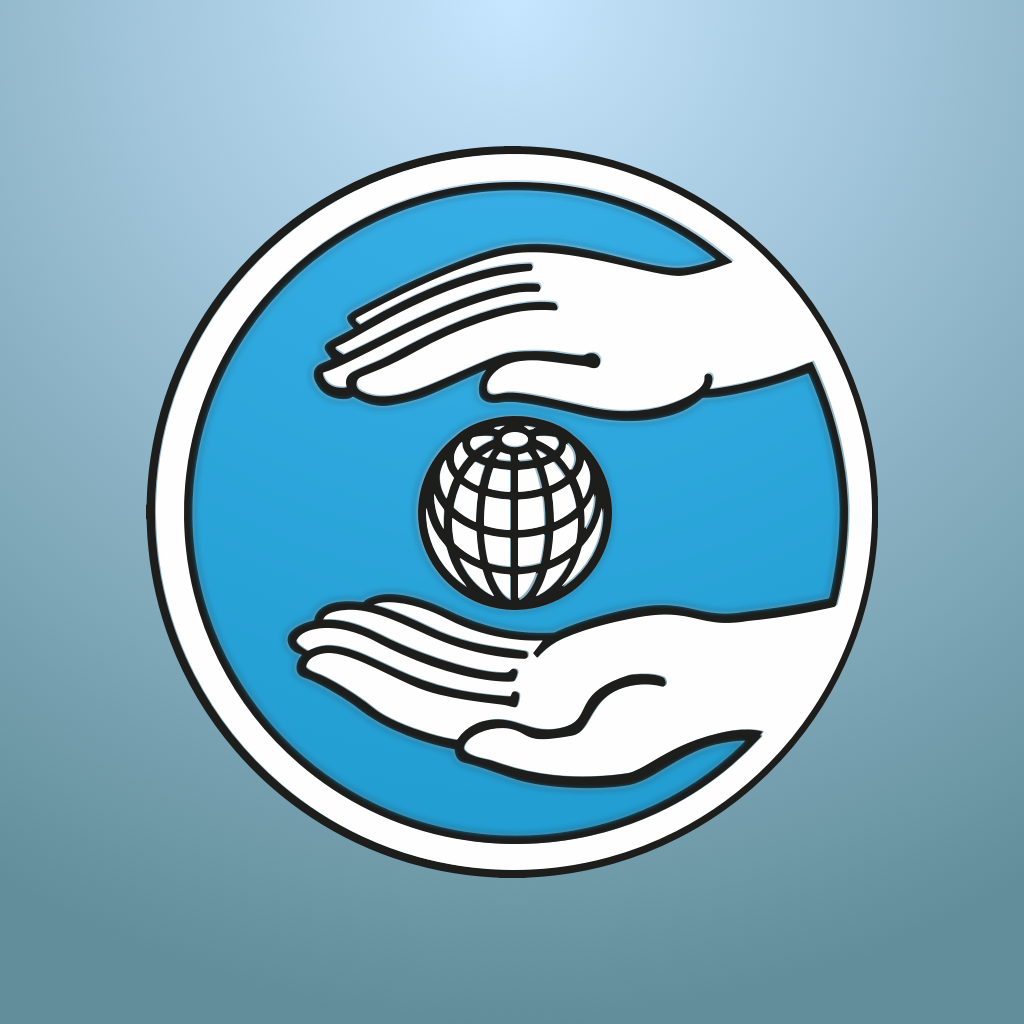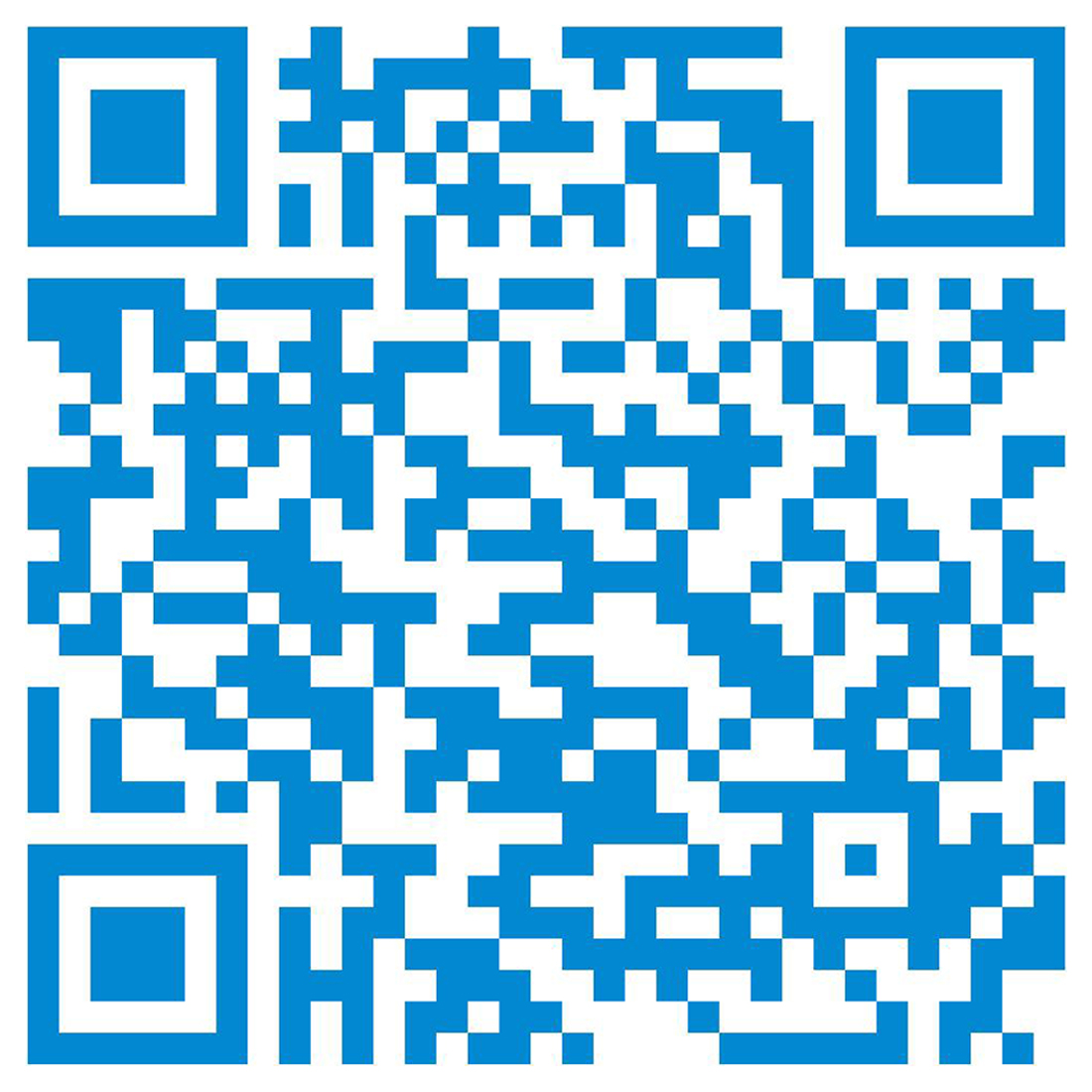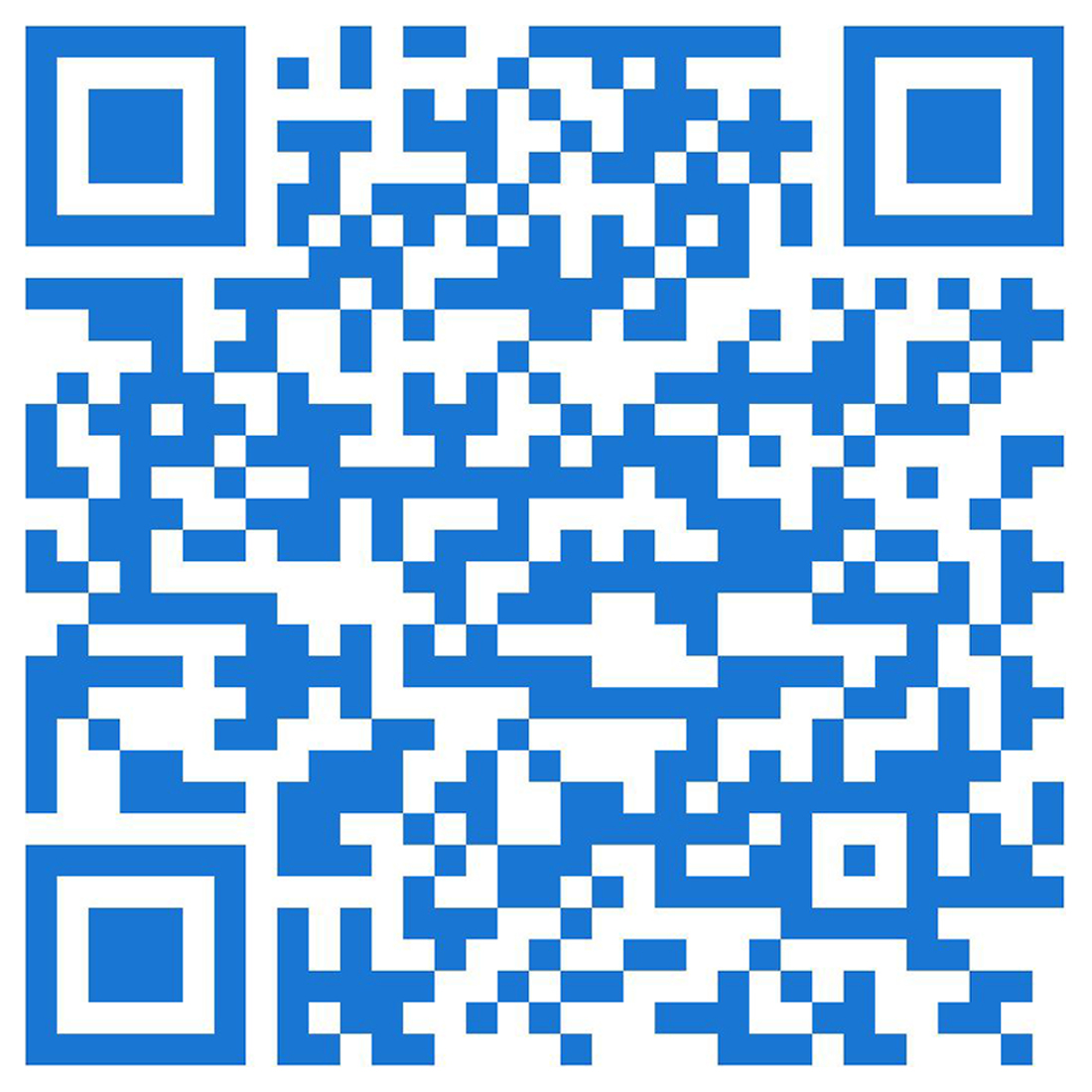The world or humankind would indeed be better served if more of us were operating from our true identity – in other words, being our authentic selves. But how do we identify with this true identity?
My professional role is life coaching. I love the word ‘life’, because it is so much more inclusive than narrowly coaching people in business, voice control, relationships and so on. My focus is on LIFE! Clients often come to me with very specific areas or goals that they wish to develop or achieve. But before too many sessions have passed, I discover, sometimes in the very first session, that my clients are more interested in finding out who they really are, and what they really want. The rest can usually wait. The journey to reveal their true identity really begins from here.
I feel that the journey of self-awareness is the portal through which we must pass in order to recover, change, or develop personally and professionally. But how are we to discern our true identity, as opposed to the view we may hold onto about ourselves right now? What exactly is the yardstick? What are we to measure ourselves against? Which mirror are we to look into? Indeed, which checklist are we to work from?
It is most likely that we base our sense of Self on what is imposed upon us, and what we gather through our sense perceptions, starting from the moment of birth. As soon as we arrive in this world, we are given a name, followed by an identity that begins to be mapped out for us. Cultural pressures are also applied subconsciously, not just to shape, but to fit us into a societal, fashionable and intellectual mould, even at the expense of our true self.
As humans, we long to fit in. As mammals, we have historically needed to. However, it is often the more self-confident, resilient and well-supported children who grows into adults, without struggling with this. We do not all fall into this category.
Working together, using a variety of coaching tools – deep listening, reflections, and gentle questions – the clients begin to find out who they truly are.
Referring to an enlightening process, I once heard an old Quaker quote: for our comfort and discomfort. This fits well with the level of honesty which may be required to take a good look at ourselves. After all, we are all a mixture of dark and light.
But who are we? Who have we been told we are by our parents, teachers, and employers? Does that still feel true?
Who are we when we are at home alone, stripped of the masks and costumes we wear in order to feel safe, acceptable, or even invisible?
As for myself, I spent my younger adult years behaving like an extrovert. I told others so as well. But I was to realise later that I was an in fact introvert, desperately trying to fit into the world. I see now just how exhausting this process was.
Through life coaching, clients may be asked to complete a range of sentences;
I am….
Sometimes I can be…
Sometimes I can feel…
I like…
I don’t enjoy…
I believe…
I feel joy when…
I feel fearful when…
I know I am good at…
I have a tendency to…
I hope to…
From these openings, we can start to get in touch with our values and beliefs. The next step, is to consider whether we are living a life that matches our values and beliefs? If not, it becomes important to understand what gets in the way of this, and then to take some steps, however small, to overcome these barriers.
Can we risk unpopularity? Are we able to stop worrying about what others think of us? Might we be able to resist the pressure to stay in our comfort zones, which really means staying the same? As we change for the better, moving towards a more authentic and preferred way of being, it may cause discomfort to those around us, because anything new or unfamiliar can be unsettling. But in time, people will be drawn towards our authentic expression, and it may inspire them to make the journey themselves.
It’s never too late to live life from our true identity. When we get back to basics, we discover that we no longer have to keep to old patterns or fit neatly into the world as we were told it should be. We come to terms with the notion that we are spiritual beings having a physical experience.
– Caroline Gibbs, Solihull, UK

